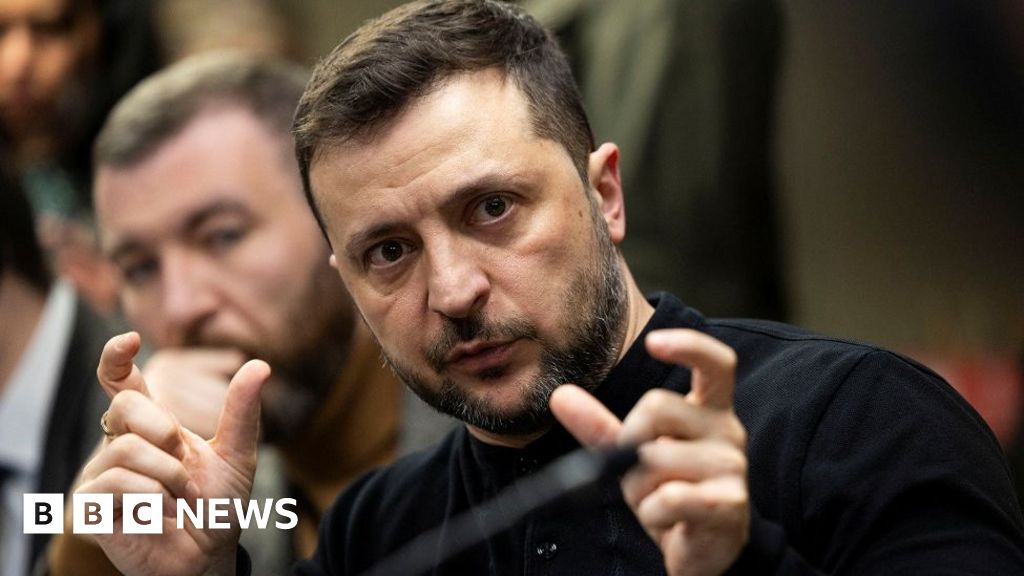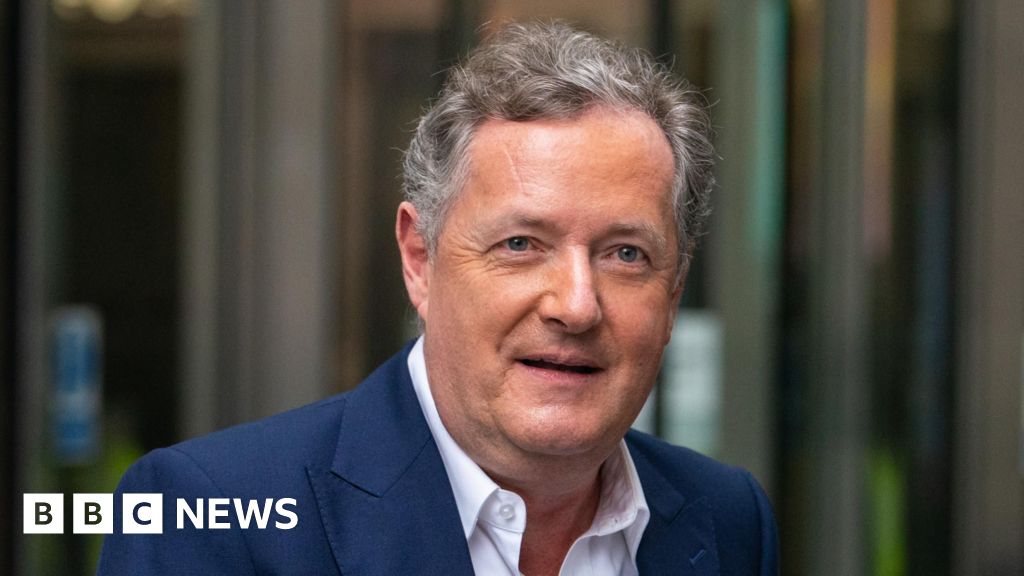CNA Staff, Nov 16, 2023 / 17:10 pm
With the National Eucharistic Congress just eight months away, the U.S. bishops announced that scholarships and single-day and weekend passes will be available to make it possible for more Catholics to attend the event to be held next July in Indianapolis.
As many as 80,000 Catholics are expected to attend the event from July 17–21, 2024, at Lucas Oil Stadium, home to the Indianapolis Colts.
Almost 30,000 tickets have been sold for the full five-day congress, which has just released an updated schedule of events. A complete and detailed schedule will be available in January.
The congress is the climax of the bishops’ three-year National Eucharistic Revival initiative, which was launched in part because of a Pew Research poll that suggested only one-third of adult Catholics in the U.S. believe in the Church’s teaching on the Blessed Sacrament.
Additional polling data released has challenged that poll’s findings but still indicates a large number of Catholics don’t accept the Church’s teaching, or if they do, don’t go to Mass regularly.
Addressing the U.S. bishops at their fall plenary meeting on Nov. 15, Bishop Andrew Cozzens of the Diocese of Crookston, Minnesota, said that “incredible things are happening” as a result of the revival.
Cozzens, the chairman of the National Eucharistic Congress, Inc., pointed to several statistics and updates indicating the revival has already borne fruit. His remarks were reinforced by several bishops who stood up and announced Eucharistic revival initiatives happening in their own dioceses.
Bishop Thomas Paprocki of Springfield, Illinois, spoke about his diocese’s Eucharistic congress, which occurred in October, saying that there’s a “spiritual high” among the faithful following the event.
San Francisco Archbishop Salvatore Cordileone also mentioned the Eucharistic congress, which left his archdiocese in a spirit of “prayer and intensity.”
Cozzens shared that the Eucharistic revival has garnered almost 8,000 volunteer “parish point persons” while more than 12,000 parish leaders have downloaded the revival’s leader’s playbook, a resource that gives concrete steps on how to cultivate the revival in one’s community.
Another resource, “Jesus and the Eucharist,” a seven-session small-group video series, is being used in “thousands of parishes” with over 32,000 hours viewed, he said.
Tens of thousands have engaged with the revival’s “Spark” series, which is a set of prayers, reflections, and spiritual initiatives emailed to one’s inbox over nine days, Cozzens said.
The revival’s weekly newsletter with reflections on the Eucharist has reached 70,000 subscribers, Cozzens said, adding that the revival’s Instagram account has 32,000 subscribers.
Additionally, Cozzens announced that early next year a new “preaching series” will be released, “which is linked to the Sunday readings in Lent as well as a tool kit for parish teams to begin reaching out to parishioners who have not yet returned since the pandemic.”
Tim Glemkowski told reporters at a press conference at the U.S. bishops’ meeting that just under 30,000 tickets to the congress have been sold.
He said that after consulting another “head of a major Catholic gathering,” he learned that a significant number of attendees register in the two months prior to the event.
“That does keep me up at night. But I would say we’re off to a pretty good start then, if that’s how today, event registration trends,” he said.
Single-day and weekend passes
Those wishing to attend the congress will be able to purchase single-day or weekend passes in early January.
Single-day passes will cost between $49 and $95, depending on which day is chosen, and weekend passes will be offered at $125.
A “limited” number of single-day passes will include a discount for participants who purchase them “early,” according to a Wednesday press release from the congress.
Five-day passes continue to be available online.
Scholarships
In his speech, Cozzens announced that more than $750,000 has been raised in a “solidarity fund” to offer scholarships to those wishing to attend the conference and who are in need of financial support. Some of that funding also came from private donors and foundations.
(Story continues below)
Subscribe to our daily newsletter
“We’ve heard well the concerns of some that they find the length or the cost difficult, and we’ve worked hard over the past year to find ways to make it affordable and accessible so that it can be a gathering for the whole Church so that we can literally open wide the doors to Christ for people to come,” he said in his speech.
Those scholarship applications open Jan. 4, Cozzens said, and more information will be made available then on the congress’ website.
Pilgrimage
Leading up to the congress is the National Eucharistic Pilgrimage, which will consist of four Eucharistic processions starting from differing points in the country and finishing in Indianapolis for the start of the congress.
This pilgrimage will take place over a two-month period and groups of young adults will make the full pilgrimage, while anyone is invited to join for any portion of the route.
Cozzens said that “hundreds of thousands” are expected to join some portion of the pilgrimage.
“And we’re delighted to announce that the apostolic penitentiary will be issuing a decree granting a plenary indulgence to anyone who participates in one of the four legs of the pilgrimage, as well as those who participate in the National Eucharistic Congress,” he said.
At the press conference following his speech, Cozzens addressed a question about the large number of attendees and the congress’ communication strategy for participants about receiving holy Communion in a state of grace.
“So certainly at the congress, one of the aspects that we’ll emphasize is the sacrament of confession,” Cozzens said.
In addition to confession, he said that emphasis will be put on “the healing that we all need to go through,” adding that there will be time set aside for the sacrament, healing prayers, and other opportunities.
“And so we’re going to be emphasizing that needed deeper work so that people are ready to receive Our Lord in holy Communion,” he said.
Lodging
Cozzens said that the “biggest challenge” the congress has encountered in planning is the availability of lodging in Indianapolis.
“A higher than anticipated early demand on hotels for the congress, coupled with a lower than expected inventory from the early estimates of the hotel community in Indianapolis have created a crunch on available housing for us,” he said.
The Eucharistic congress team has been working to find more hotels within driving distance of the stadium and hopes to provide housing at local colleges, parishes, schools, and retreat centers.
What will take place?
In his update, Cozzens said that the National Eucharistic Congress is going to be a moment of “unity” and “communion” for the Church.
Each day of the congress consists of three “movements,” which the congress hopes make for a “transformative experience” for the attendees.
A theme of the day will be introduced in morning “impact sessions” and at midday there will be a “large liturgy” offered in English and Spanish, Cozzens said.
Each afternoon there will be breakout sessions, focusing on a different theme each of the five days.
Each evening, the attendees will gather together in the stadium for a “powerful plenary session” that will include “inspiration and prayer,” he said.
‘The beginning’
Although the congress appears to be the climactic event of the bishops’ three- year Eucharistic revival, Cozzens said that “it’s actually the beginning of the missionary year.”
The missionary year of the revival, which spans from July 21, 2024, to Pentecost 2025, is a year of sharing the news of the Real Presence.
“Having enkindled a missionary fire in the hearts of the American faithful, the Holy Spirit will send us out on mission to share the gift of our Eucharistic Lord as we enter the universal Church’s Jubilee Year in 2025,” the revival’s website says.
Cozzens said that in preparation for the event, on four occasions he will meet with the group of pilgrims headed to the congress from his diocese.
He added that he will continue meeting with the group following the close of the congress so that the group can fulfill the mission of evangelizing in the diocese.
“I pray that as we gather together in Indianapolis, this might be a moment where God will send his Holy Spirit upon us and our Church, and it will become a moment of great renewal and great revival for our Church,” he said.
Joseph Bukuras is a journalist at the Catholic News Agency. Joe has prior experience working in state and federal government, in non-profits, and Catholic education. He has contributed to an array of publications and his reporting has been cited by leading news sources, including the New York Times and the Washington Post. He holds a bachelor’s degree in political science from the Catholic University of America. He is based out of the Boston area.
 (1).png)
 1 year ago
35
1 year ago
35



















